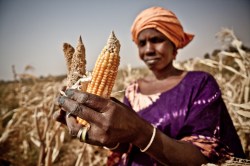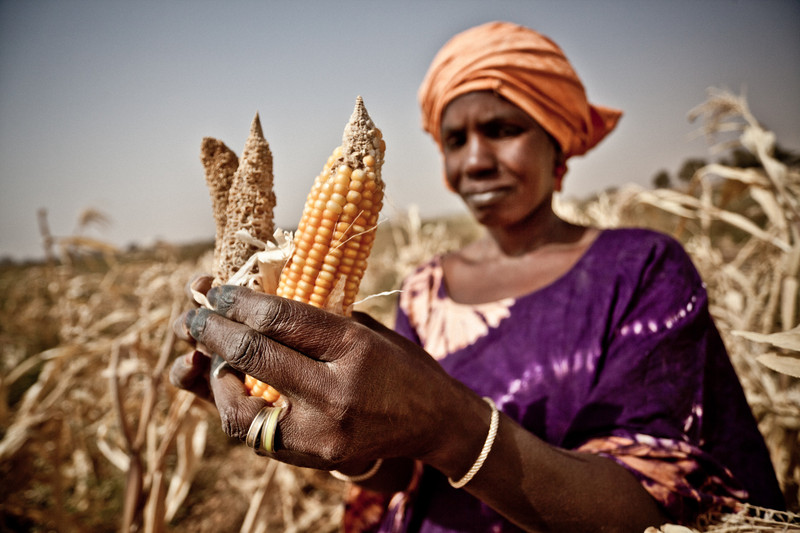
Oxfam
They may have located our ideal bliss points, but multinational food companies are far from hitting the mark when it comes to treating workers and the environment decently.
A new “Behind the Brands” report from Oxfam rates “10 of the world’s most powerful food and beverage companies” on their ethics: Coca-Cola, Mars, Nestle, Kellogg’s, General Mills, Associated British Foods, PepsiCo, Unilever, Danone, and Mondelez International (previously known as Kraft). Surprise: They didn’t do very well. The highest grade was a 38 out of 70.
From the report:
Companies are overly secretive about their agricultural supply chains, making claims of ‘sustainability’ and ‘social responsibility’ difficult to verify; none of the Big 10 have adequate policies to protect local communities from land and water grabs along their supply chains; companies are not taking sufficient steps to curb massive agricultural greenhouse gas emissions responsible for climate changes now affecting farmers; most companies do not provide small-scale farmers with equal access to their supply chains and no company has made a commitment to ensure that small-scale producers are paid a fair price; only a minority of the Big 10 are doing anything at all to address the exploitation of women small-scale farmers and workers in their supply chains.
“It is time the veil of secrecy shrouding this multi-billion dollar industry was lifted,” Oxfam chief executive Barbara Stocking told The Guardian. “Consumers have the right to know how their food has been produced and the impact this has on the world’s poorest people who are growing the ingredients.”
Not a surprise: A couple of the accused “Big 10” rejected the report’s claims. “We treat local producers, communities and the environment with the utmost respect,” said an Associated British Foods spokesman, who may be unaware of the generally accepted usage of the terms “community” and “environment.”




